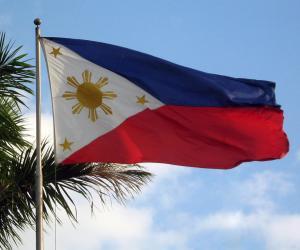 The Philippine Amusement and Gaming Corporation (PAGCOR) has reported an 11.7% year-on-year increase in gaming revenue for 2019, resulting in its total tax and corporate social responsibility contribution for the year rising above PHP56bn for the year.
The Philippine Amusement and Gaming Corporation (PAGCOR) has reported an 11.7% year-on-year increase in gaming revenue for 2019, resulting in its total tax and corporate social responsibility contribution for the year rising above PHP56bn for the year.Total revenue from gaming amounted to PHP75.75bn (£1.16bn/€1.37bn/$1.50bn) in 2019, compared to the prior year’s PHP67.85bn total, beating the regulator’s full-year projections by PHP1.33bn.
However, total PAGCOR revenue included PHP36.27bn in other income, comprised predominantly of money raised through the sale of land owned by the regulator in Entertainment City to Sureste Properties Inc, a subsidiary of Bloomberry Resorts Corporation.
When the PHP32.71bn paid by Sureste Properties was stripped out, PAGCOR noted, revenue would still have been up 11.2% year-on-year.
In 2019 revenue came from slot machines, electronic bingo and table games operations, as well as regulatory fees from offshore gaming sites and fees from licensed casinos. This saw PHP35.92bn generated for the National Treasury, with a further PHP3.78bn generated through the 5% franchise tax on licensees.
A further PHP1.79bn was paid to the Philippine Sports Commission, the governing body for sports in the country, while the Dangerous Drugs Board, which develops policy for dealing with illegal drugs, received PHP60m. The Board of Claims, a Department of Justice agency which grants compensation to victims of unjust imprisonment and violent crimes, received PHP118.9m.
PAGCOR also provided PHP123.3m in cash incentives to athletes and coaches competing in international sporting events, while cities that host casinos operated by the corporation received PHP445.7m.
The year saw the Philippines face pressure from China to limit or ban online gambling, following PAGCOR’s decision to impose a temporary halt on the issuing of new Philippines Offshore Gaming Operator (POGO) licences in August 2019.
However, this appears unlikely to be expanded into a full prohibition on igaming, with President Rodrigo Duterte saying that POGOs were an important source of jobs and tax for the country.
China looks set to continue its efforts to crack down on igaming in 2020, warning in January that it would target countries from which operators targeting players in the country are based.












